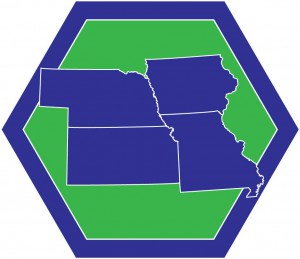We Are Not In This Alone
HSRN state delegations reported that one of the major benefits of the project was connecting with and learning from each other in new, fresh, and exciting ways.
As a regional project, each state entered the collaboration with different strengths, weaknesses, goals, and challenges. One partner state had very little in the way of organizational structure; one was in a rebuilding phase after significant setbacks in the previous few years; another had come from a place of relative strength and was looking for ways to not lose relevance to a new generation of self-advocates; the fourth had strong self-advocacy efforts, but had recently lost a key self-advocate. These differences, along with how each state handled concerns along the way, allowed other states to gain different perspectives about their own situations. Partner states used this information to learn how they might creatively co-opt good ideas for their own use.
There were also a few commonalities between the states and the existing self-advocacy organizations. All four states have similar rural/urban makeup, being Midwestern through and through. This led to common challenges related to establishing self-advocacy chapters in sparsely populated areas with corresponding transportation issues. Appealing to youth was another shared concern. Funding continuing work within our respective states was a third. These areas of overlap enabled the group to discuss and problem-solve together.
HSRN partners reported having a larger pool of knowledge, resources, and contacts to draw from due to this project. One state delegation likened the relationships gained through HSRN to having an out-of-state family whom you can call for help when needed.
One very important learning opportunity gained through HSRN was cross-state participation in each other’s statewide self-advocacy conferences. Each state hosted participants from partner states at its own conference, utilizing talents within the group as plenary and breakout session speakers and presenters. In addition, states took delegations of self-advocates across state lines to attend and participate in conferences. The presence of out-of-state self-advocates impacted self-advocates from the home state, raising the level of importance they ascribed to their own conference.
